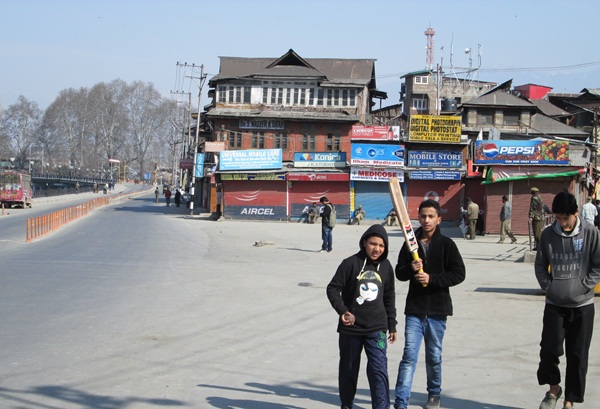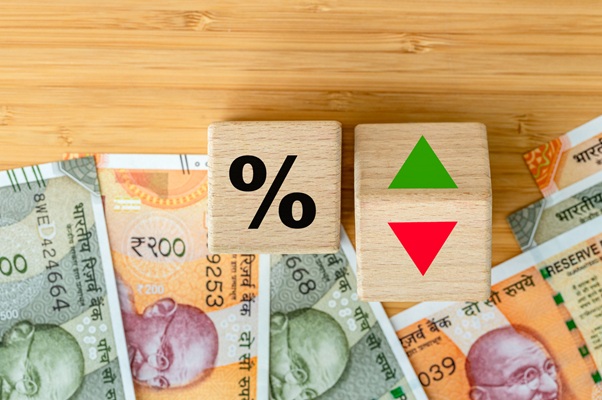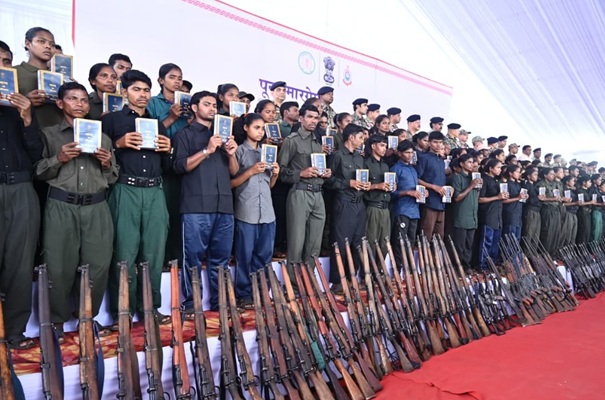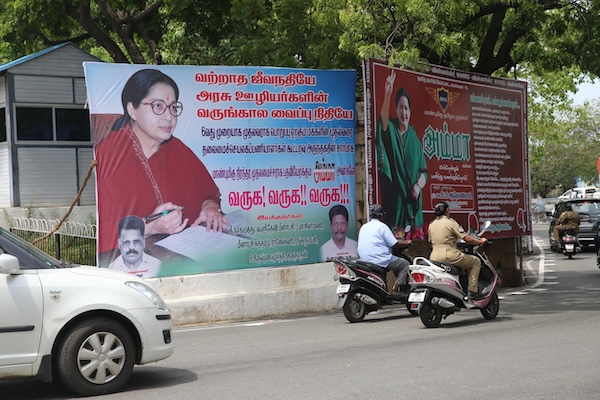.png)
Sarci-Sense: Don’t Ask, Don’t Tell, Sounds Like Indian Middle Age
We talk about cholesterol, cricket scores and coriander prices, but not about money, death or desire. Is that the true syllabus of Indian middle age?
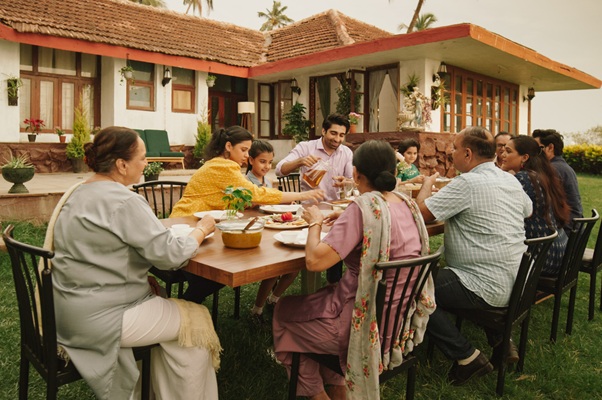
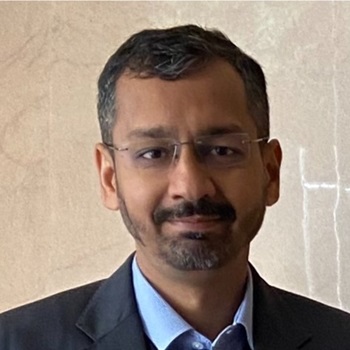
Dr. Srinath Sridharan is a Corporate Advisor & Independent Director on Corporate Boards. He is the author of ‘Family and Dhanda’.
September 14, 2025 at 4:34 AM IST
Ask an Indian family what they have inherited, and they will point to land that has been in court for forty years, or a necklace locked in a bank locker that nobody wears. But the true inheritance is something else entirely: the art of not saying a word. We have been trained for centuries to keep a straight face in the face of truth. Silence is our family silver.
It is common in Indian family conversations, that there is always that one question nobody asks. And that one relative who will break the ice, literally and metaphorically, and answer it anyway, after three whiskies. Middle age is when you finally inherit what your parents perfected: the art of never asking and never telling.
Consider money. Nobody tells you what they earn. Parents don’t tell children, siblings don’t tell each other, and friends certainly don’t. The only figure that circulates freely is the price of onions. A grown man will not tell his son his monthly salary, but he will tell the neighbourhood paanwala how much taxes he has paid to the government. Then one day the man dies, and the family discovers that his will is written on the back of an LIC receipt and witnessed by a friend who is no more. Or worse off, there is no will, and then starts a spate of family meltdowns.
Every middle-aged Indian has lived this scene: a child, curious and guileless, asks, “Papa, how much do you earn?” and the room goes stiff. Parents exchange glances, the subject is changed, and the child learns the first rule of adulthood: never ask questions that matter. It is the same look you get when you ask why that cousin has not been invited to weddings for 20 years, or why grandfather’s photograph is missing from the living room wall. There is no explanation. Just silence.
Or caste. Officially, it doesn’t exist in the city. It’s rude to even ask. But flats are bought, weddings are arranged, and politics is consumed through that invisible code. Middle-aged India loves to boast of being “beyond caste” — which is a polite way of saying, “We still practise it, we just don’t talk about it in English.” The silence protects reputations, while the practice itself thrives in whispers and Excel spreadsheets of “suitable matches.”
Mental health is treated the same way. In middle age you discover that half your friends are secretly in therapy. Secretly, because therapy is for “other people.” We are a society that will tell the world about our triglyceride levels but not about our despair.
Silence has its gendered divisions too. Men practice it by refusing to discuss emotions; they will happily debate the Ranji Trophy batting averages but never confess to loneliness. Women, meanwhile, are told not to mention ambition, menopause, or the small matter of their own unhappiness. So he hides behind gruffness, she behind politeness, and together they raise children who inherit both varieties of silence, like a matched crockery set.
Death is the grandest silence of all. Families will spend entire evenings debating the price of turmeric, but will never once discuss who gets the flat when father dies. And so, when the end comes, the children are left haggling with hospital clerks, weeping in corridors, and trying to guess whether father would have wanted ventilator support — though everyone knows the only thing he wanted was for them never to ask such questions. It is extraordinary how Indians can prepare for pilgrimages decades in advance, but never for their own mortality.
The beauty of this system is its continuity. Every generation swears it will not repeat its parents’ mistakes. Every generation then grows up, has children, and repeats exactly the same mistakes. The middle-aged Indians who complain that our parents never spoke openly about money, feelings, or ambition — we now do the same with our children.
And yet, we live in an age when our children are starting to ask questions. Gen Z is unembarrassed about talking salaries. They trade breakup stories and therapy notes on Instagram. They mock us for whispering the word “cancer.” They are unafraid of confrontation, sometimes gleefully so. And that, more than anything, unsettles the middle-aged Indian. Because if silence was our weapon and our shield, their weapon is noise.
But silence is not only a domestic virtue. It scales up beautifully. We don’t just practice it in families; we practice it as a nation. We rarely ask politicians inconvenient questions. We lower our voices when talking about communal violence. We bury scandals under “let’s move on.” Middle age in India is not just about cholesterol and tuition fees; it is also about learning to look away politely. Our public life is a mirror of our family dining table - everyone knows the truth, and everyone agrees not to mention it.
Still, silence comes with its small comic touches. The way voices drop when relatives discuss divorce. The dramatic pauses when someone brings up property disputes. The awkward chuckles when a child asks, “Why don’t we talk to that uncle anymore?” The choreography of silence is elaborate, and by middle age, most of us have mastered it so well that it feels like a second language.
Silence, after all, has served India very well. It has spared us the embarrassment of honesty. It has kept peace at family dinners. It has allowed us to believe we are civilised.
